MERLIN Podcast: Bringing Europe’s freshwaters back to life
Europe’s freshwaters are in an alarming state. Water pollution, habitat destruction and the ongoing effects of climate change have caused significant biodiversity loss and ecological decline across the continent. There is a pressing need for major freshwater restoration projects which tackle these declines and bring rivers, streams, peatlands and wetlands back to life. MERLIN is a major European Union funded project which is investing millions of Euros to help mainstream freshwater restoration across the continent over the coming years. This podcast follows the MERLIN project in this journey. It offers a behind the scenes look at some of the co...
Communicating why freshwater restoration is vital
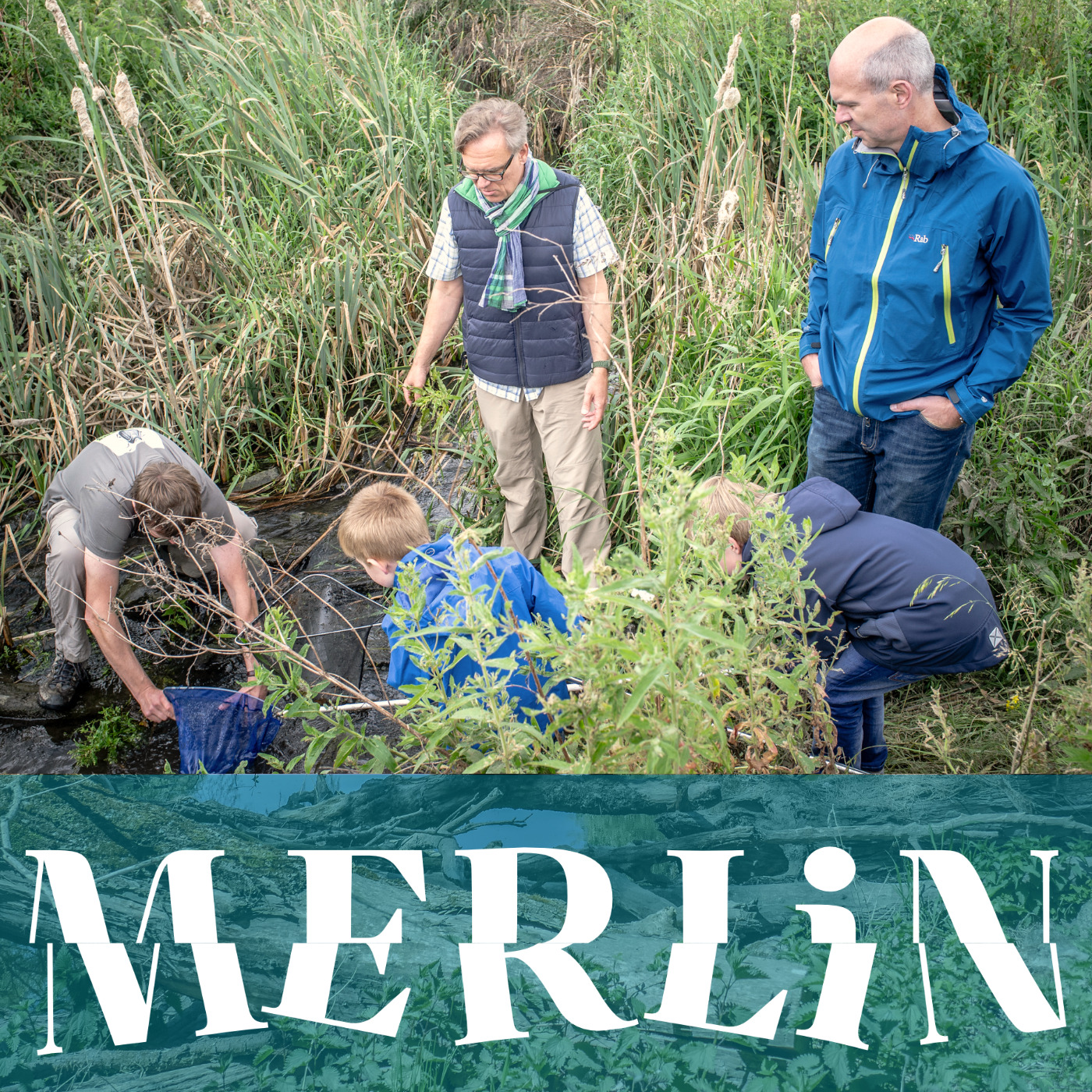
Restoring our natural ecosystems is a task that is never really finished: science progresses; governments change; technology advances; society shifts; funding pots appear and disappear. And all the time, our rivers, lakes, streams and wetlands are a constant; their fate determined by the choices we make about them. In a time of rapid ecological loss and the ongoing climate emergency, it can be hard to think hopefully about the future of our ecosystems.
In this podcast we hear from four inspirational young scientists who are helping restore Europe’s freshwaters, and with it, hope for the future of...
Restoring Europe's landscapes through the Green Deal and Nature Restoration Law
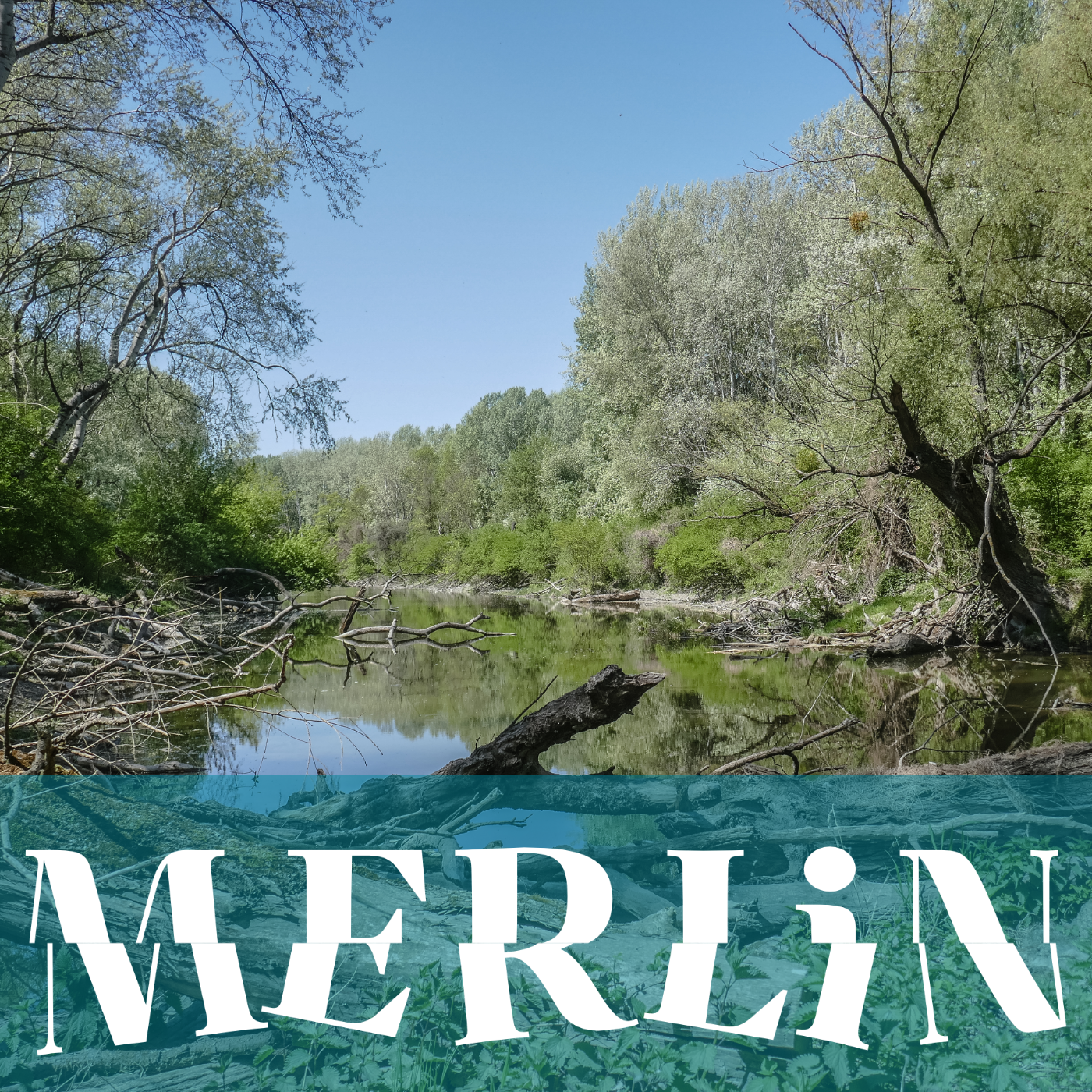
In this podcast we take a behind the scenes look at environmental restoration in Europe on the cusp of what will likely prove to be a transformative year. First, we find out about the EU’s big environmental policy, the Green Deal, then about the ambitious new Nature Restoration Law adopted last year. We then hear from four EU restoration projects about the challenges of planning, financing and carrying out restoration on freshwaters, forests, wetlands and coastlines across the continent.
Podcast host Rob St John speaks to Colombe Warin from the European Commission, Shane McGuinness from WaterLANDS, Ag...
Why community matters to freshwater restoration
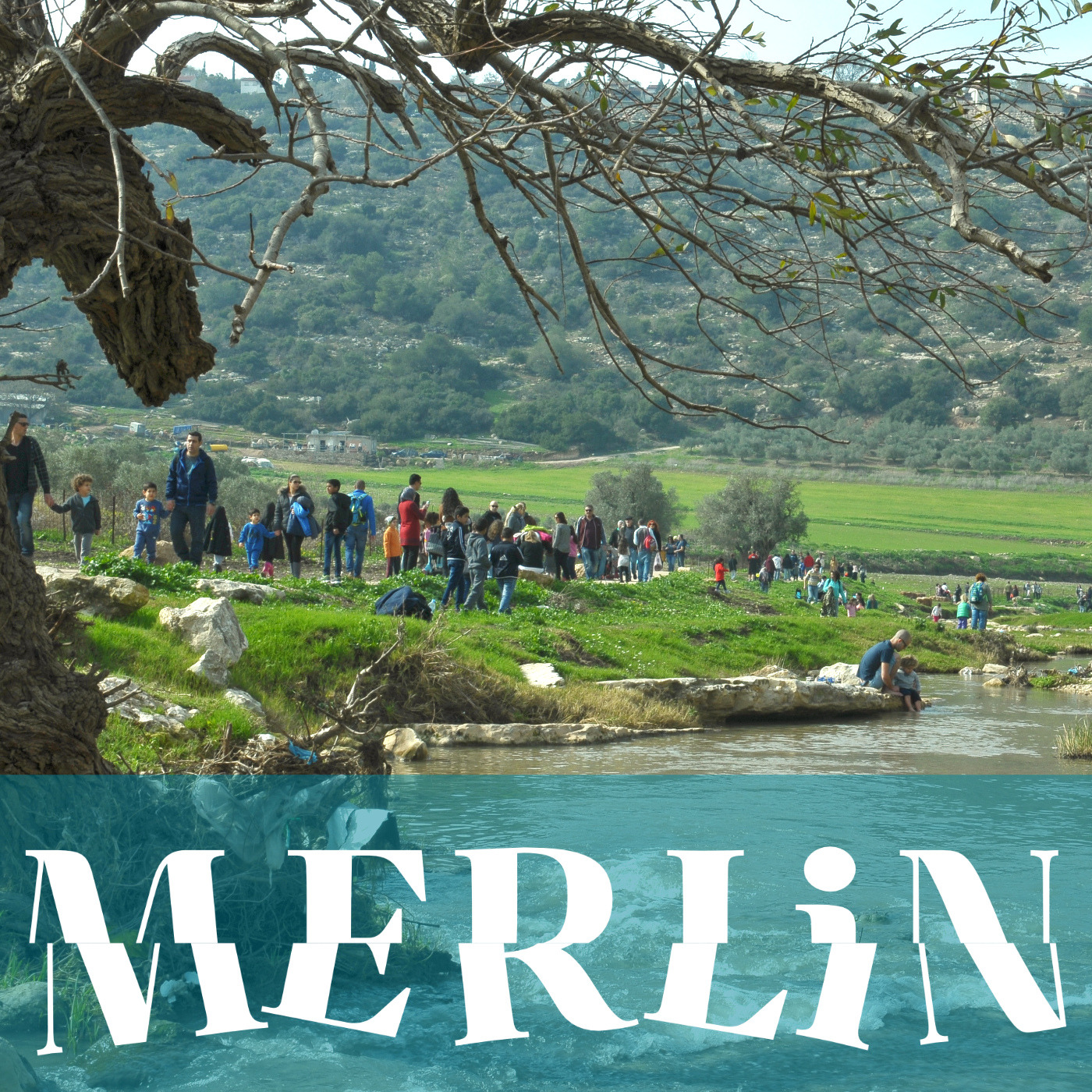
It's increasingly recognised that restoring damaged ecosystems is not only about improving habitats for wildlife, it is also vital to consider the needs of the people who live and work in a restoration landscape.
In this podcast we hear stories about how community has been placed at the heart of freshwater restoration projects. We hear from Tal Marciano Ratner about how the restoration of the Tzipori watershed in Israel offers a meeting place for people from different religions and ethnicities to come together in a time of great unrest and conflict.
Ruben Rocha from Dam...
Stories from the water’s edge: getting freshwater restoration done in Europe
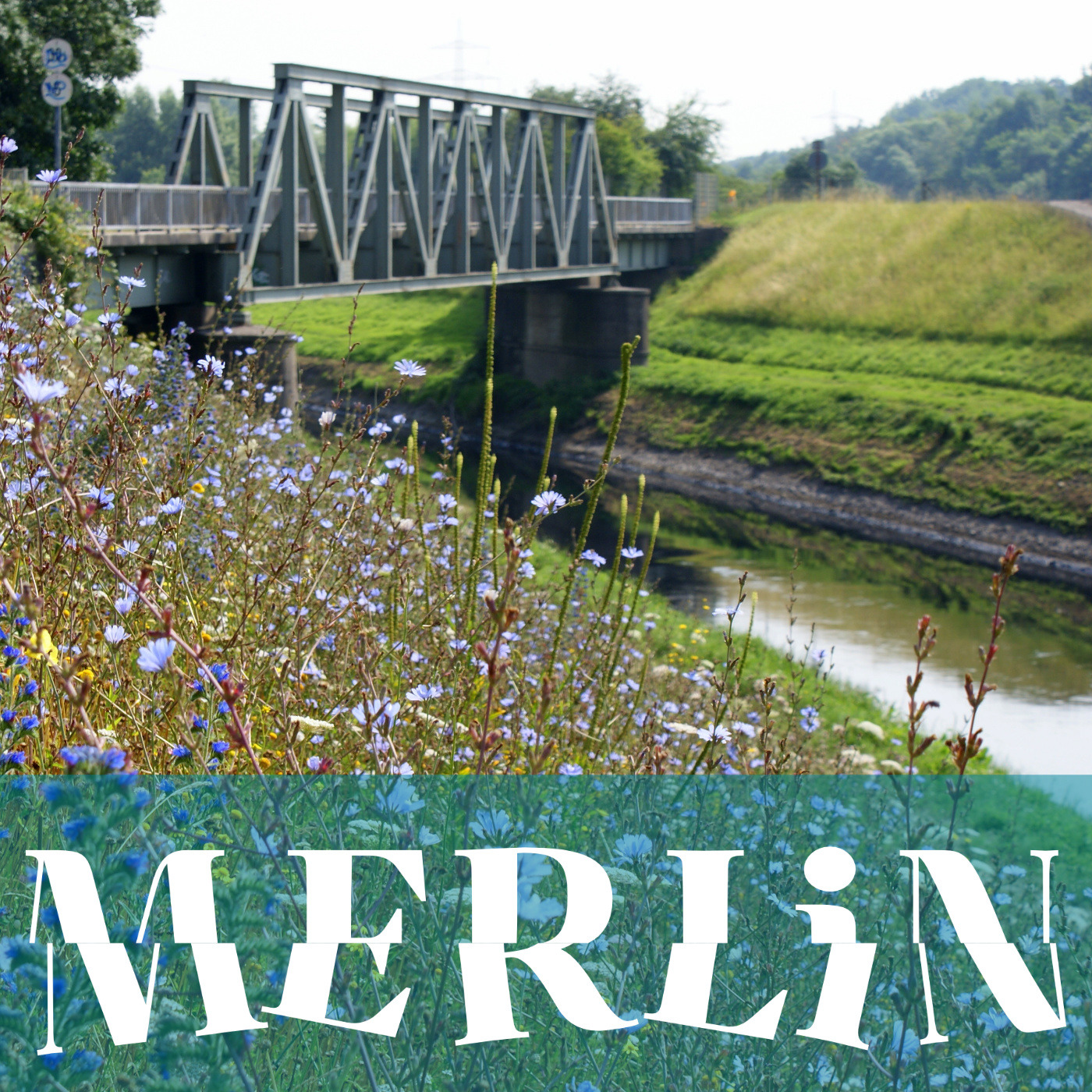
This is a podcast telling stories about how restoration gets done across Europe. First we hear from Joshua Royte, a conservation scientist working for the Nature Conservancy in the USA. Josh has led ambitious river restoration projects across Maine, and is now an advisor to the EU MERLIN project. We hear Josh’s perspective on freshwater restoration in Europe, and the work the MERLIN project is doing to help bring its rivers, streams and wetlands back to life.
This work is explored in five fascinating stories from sites across Europe, each of which highlights the complexities of ge...
Learning from the river: restoring the Danube
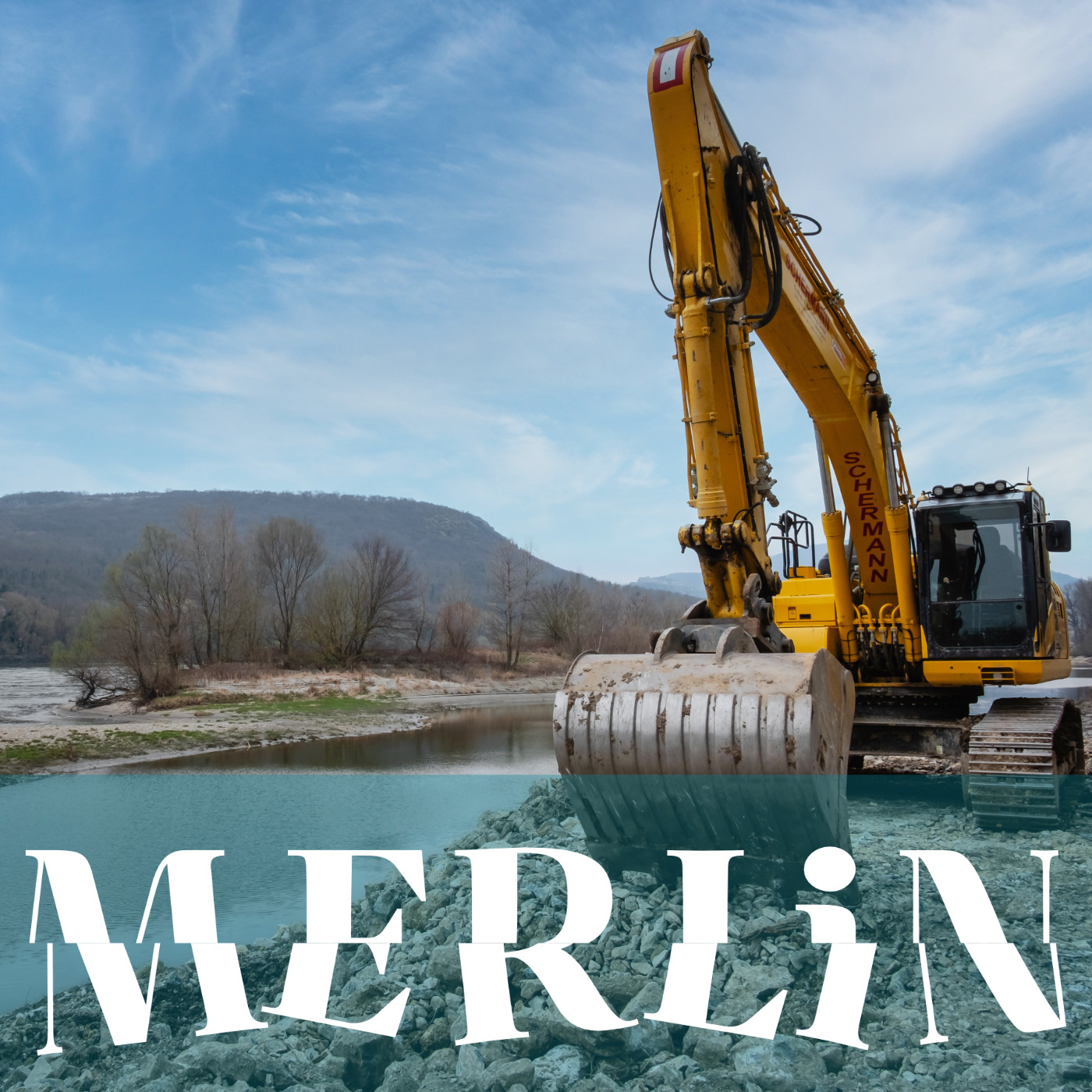
Join us on the banks of the Danube River in Austria to hear how ambitious restoration projects are helping free the river from human alterations. We meet Robert Tögel and Alice Kaufmann from viadonau and Silke Drexler from BOKU beside the river to hear about how restoring its banks and side-arms is helping benefit both people and nature. As the trio explain, this work is a process of 'learning from the river' to help create space for natural processes to return, whilst at the same time making sure that navigation routes along the river are not impeded.
Water, climate and farming: making space for stream restoration in Portugal
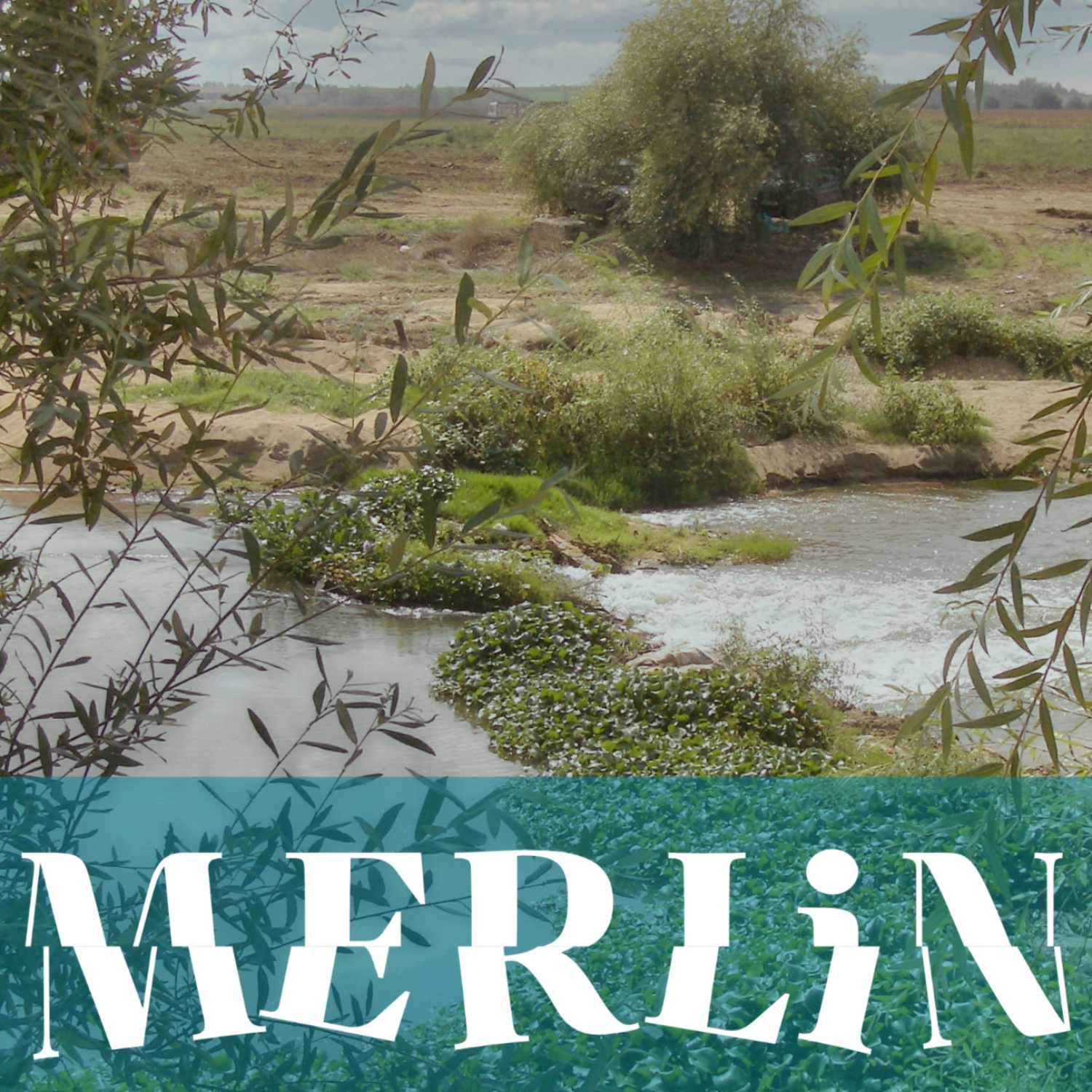
In this episode we explore the issues around stream restoration in the Sorraia catchment in Central Portugal. Restoration of the Sorraia river needs to be able to navigate the needs of intensive agriculture in a landscape increasingly affected by the climate crisis. Walking along the banks of the river, we meet a range of freshwater scientists, activists, farmers and policy experts to understand the big issues in the Sorraia catchment, and the ways in which restoration is increasingly making space for this river in the landscape. We also hear about how work on the Sorraia relates to wider debates...
How economic thinking can help us restore Europe's freshwaters
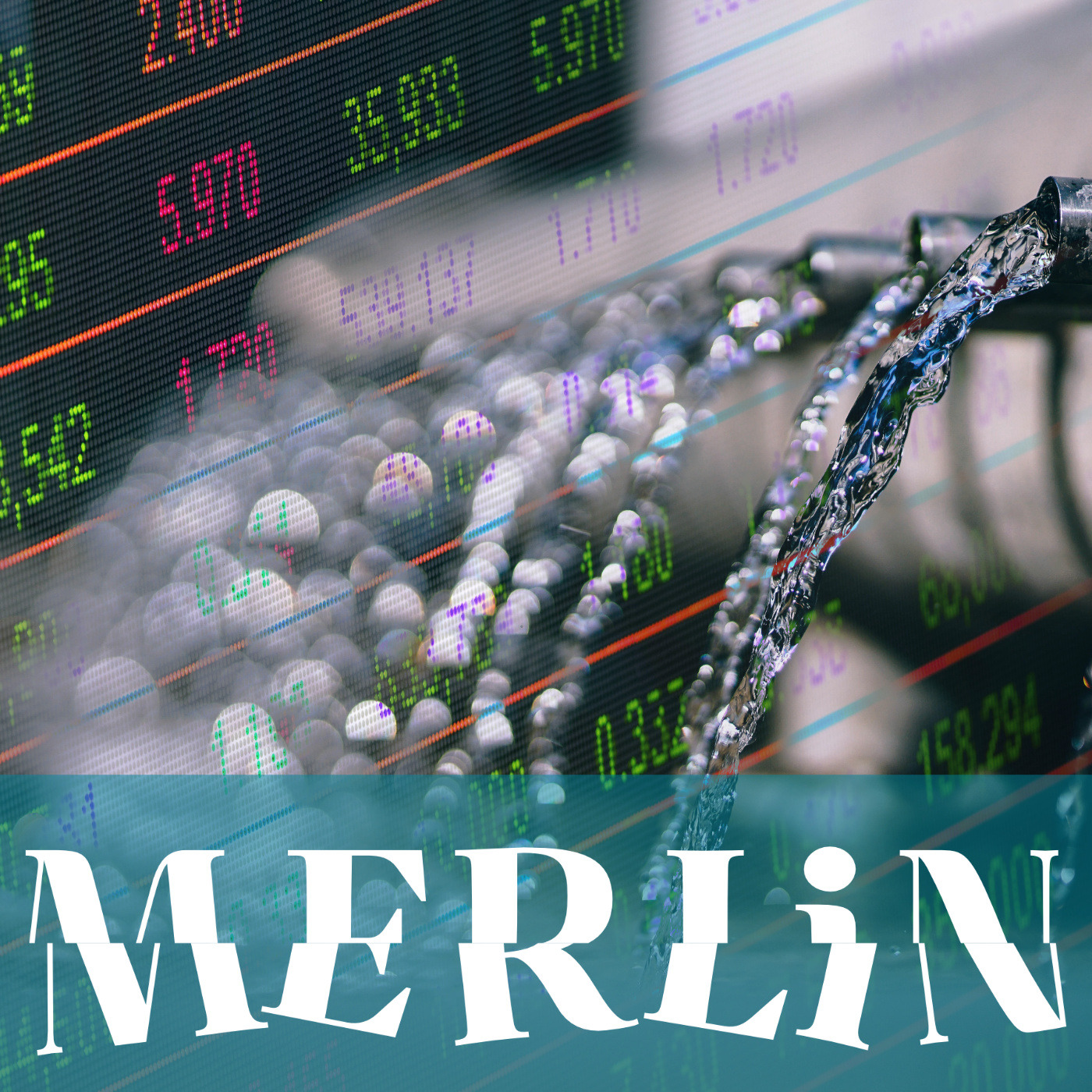
In October 2023, the WWF released a major report stating that freshwater has long been significantly undervalued in global economies, leading to widespread environmental costs. The report estimates that the annual economic value of water and freshwater ecosystems globally is $58 trillion – a figure equivalent to 60% of global Gross Domestic Product (or GDP). This startling figure was calculated by estimating the economic value that rivers, streams, lakes, reservoirs and wetlands generate to human societies. The report showed that freshwater ecosystems are not only vital for sustaining everyday societies, but they also provide invaluable life-support systems which help maintain the health of bo...
Mainstreaming freshwater nature-based solutions across economic sectors
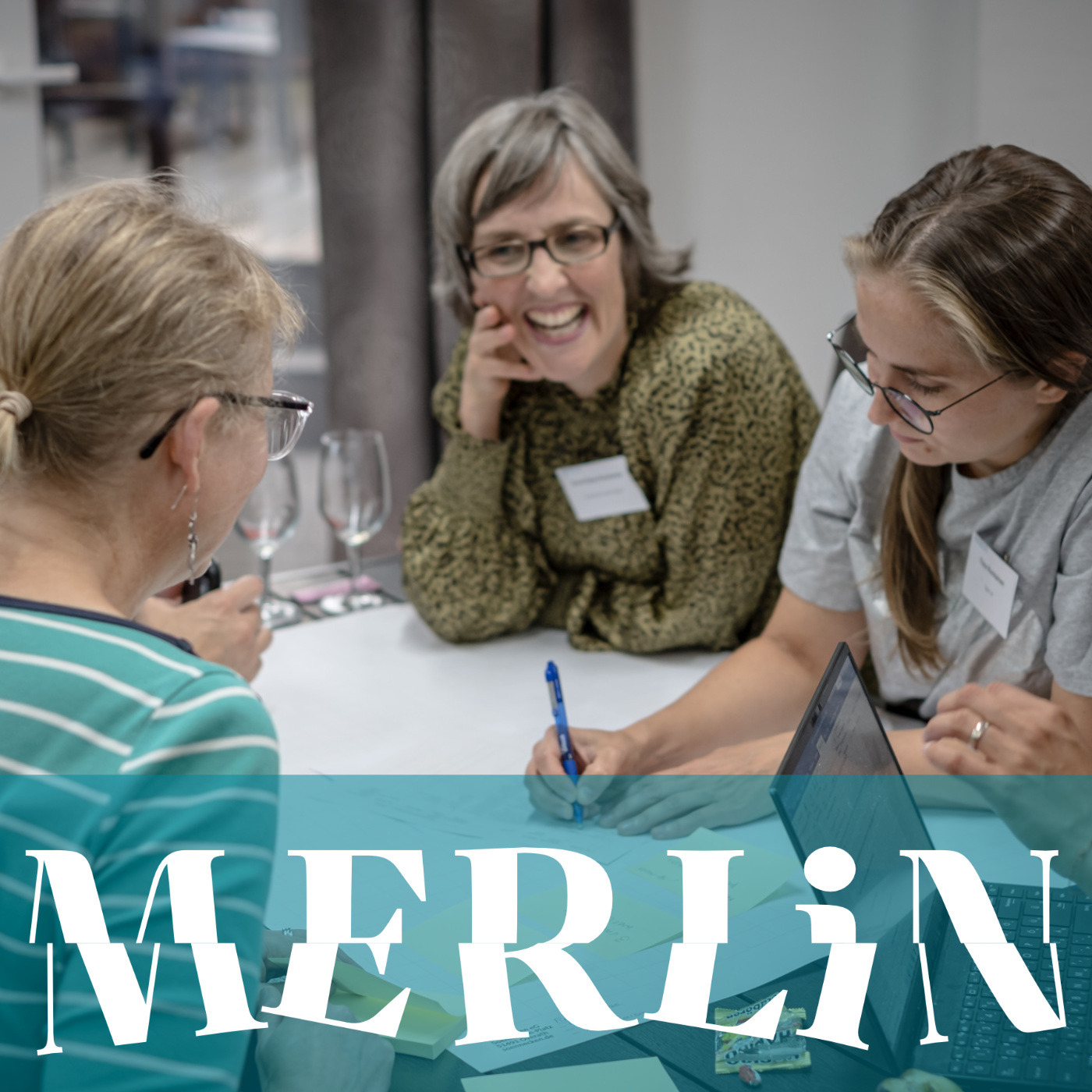
Nature-based solutions are a hot topic right now. So-called 'NbS' are environmental management approaches that use natural processes to help tackle socio-environmental challenges such as climate change, biodiversity loss, flooding, food production and health and wellbeing. The MERLIN project explores how the benefits from nature-based solutions can help foster collaborations between different economic sectors to help mainstream freshwater restoration. MERLIN works with representatives from six economic sectors – agriculture, hydropower, insurance, navigation, peat extraction, and water supply and sanitation – to encourage the adoption of nature-based solutions in their activities across Europe.MERLIN project partners recently released a briefing exploring how natu...
Restoring Europe's peatlands and wetlands
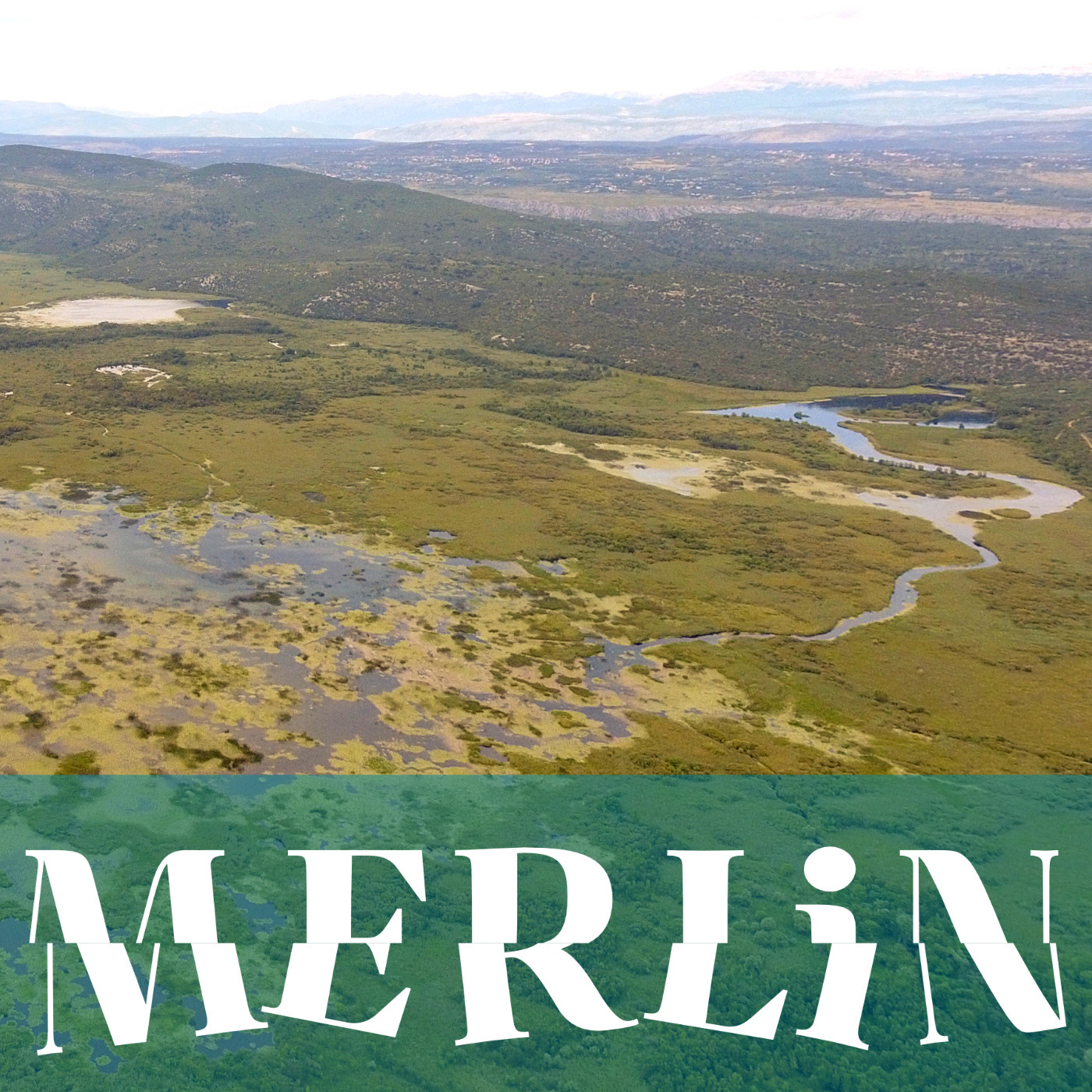
Peatlands and wetlands are vital landscapes. They store carbon and so help mitigate the harmful effects of climate change, they help buffer floodwaters and naturally filter drinking water, and they are often rich habitats for biodiversity. But peatlands and wetlands have been widely drained, altered and lost across Europe as a result of human actions.This episode explores how peatlands and wetlands across the continent are being restored through a series of ambitious projects supported by the MERLIN project. Podcast host Rob St John meets a range of restoration scientists and managers implementing so-called 'nature-based solutions' at their sites across...
Freshwater Restoration in Europe: Transformation, Disruption and Inspiration
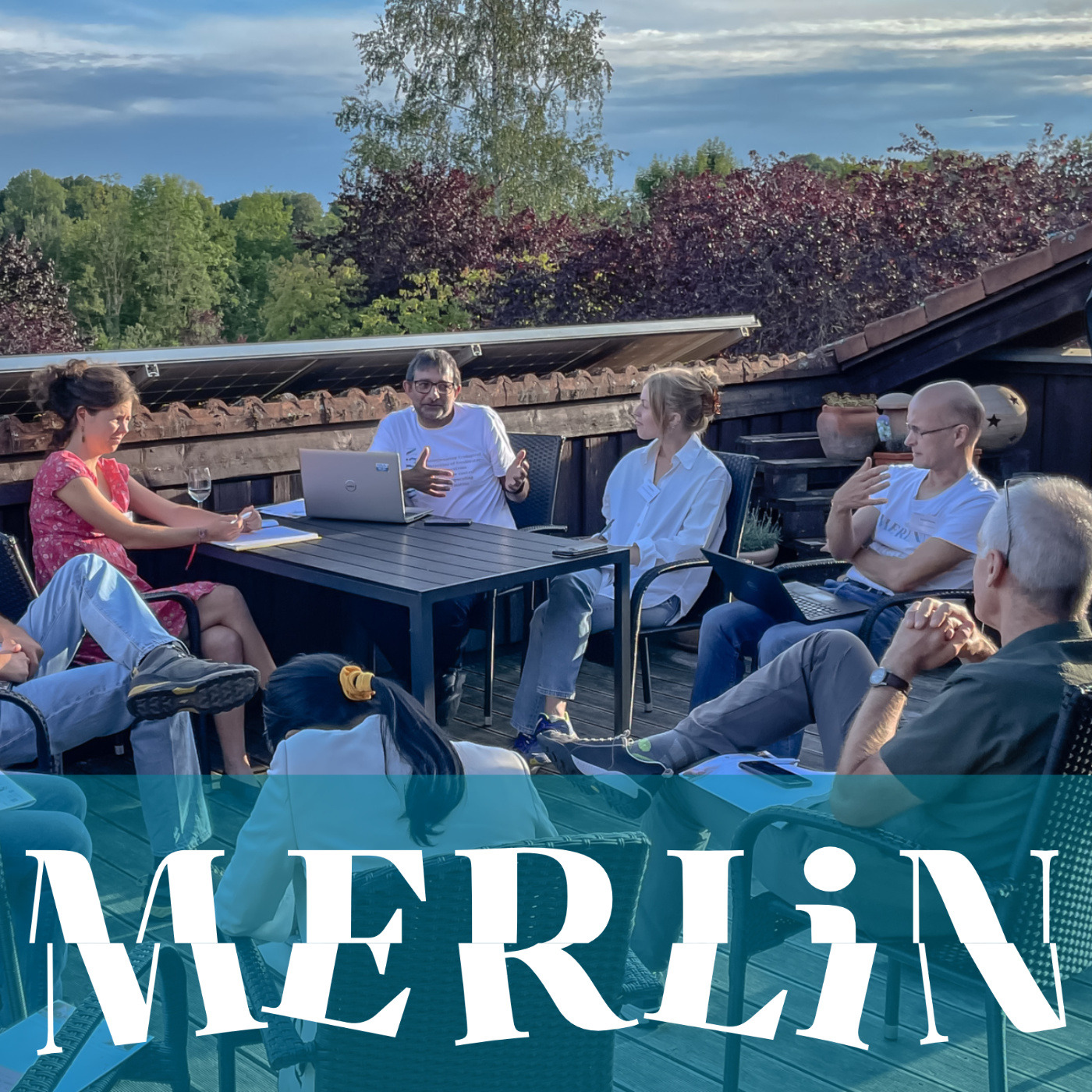
This episode explores the big ideas that are shaping how ambitious freshwater restoration projects are being carried out across Europe. From dam removal to floodplain restoration, the European Union funded MERLIN project is investing millions of euros to disrupt and transform existing ways of carrying out freshwater restoration.
But what do these keywords – transformation and disruption – actually mean in practice? And what are the underlying inspirations that motivate scientists and environmentalists to help bring Europe’s freshwaters back to life?
In September 2022 podcast host Rob St John travelled to Fulda, just outside Frankfurt in Germany, to att...
Introducing MERLIN - Large river and floodplain restoration on the Rhine Delta
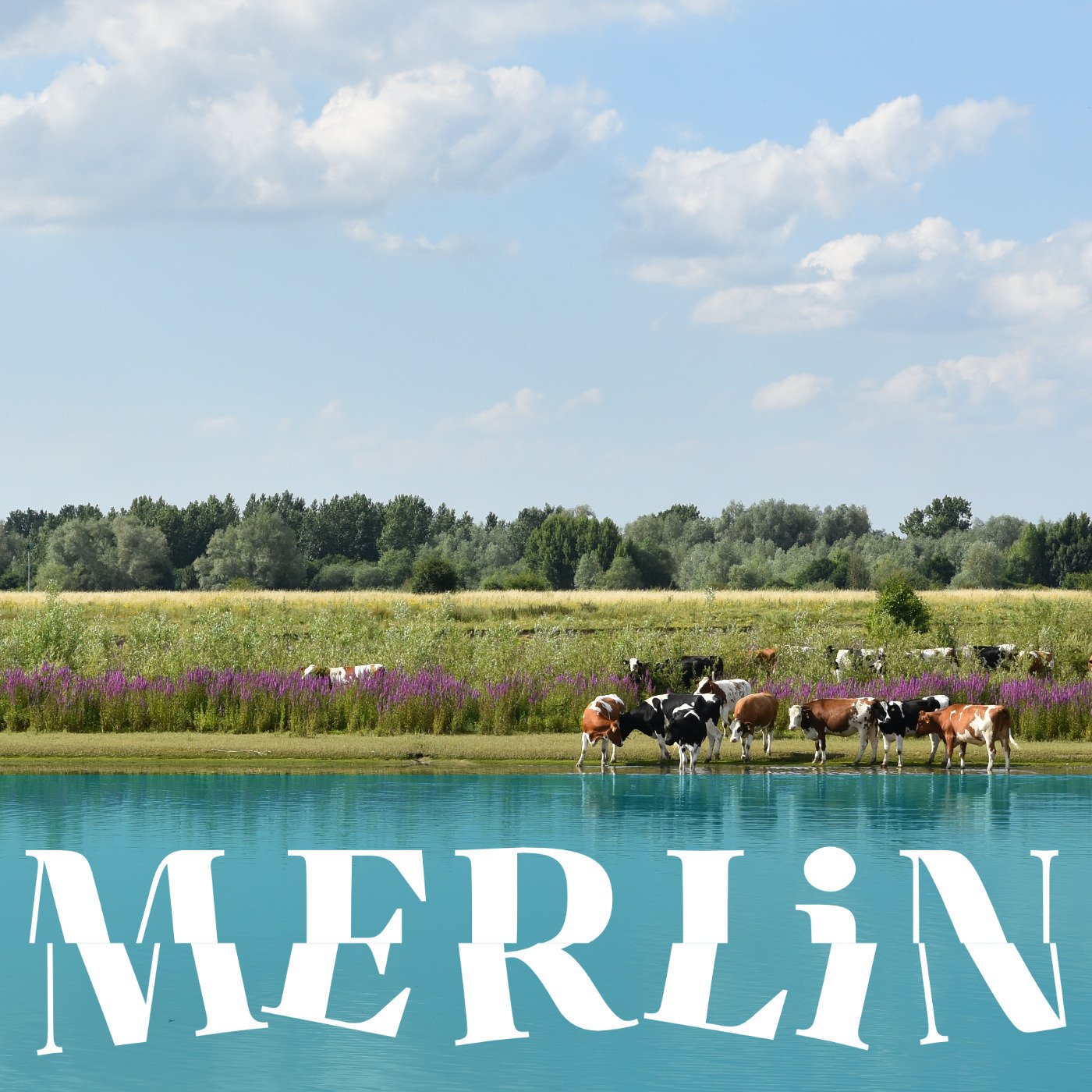
In July 2022 podcast host Rob St John travelled to the Netherlands to meet MERLIN practitioners working on the project’s large river restoration sites.
Over a number of hot, sunny days the team explored floodplains across the Rhine Delta which had been restored through a major project called Room for the River. Started in 1995, Room for the River worked to reconnect the Rhine with its floodplains, which had become isolated through the construction of dikes and levees. By making room for the river to periodically inundate its floodplains, new spaces for biodiversity habitat, carbon storage and recreation ha...
